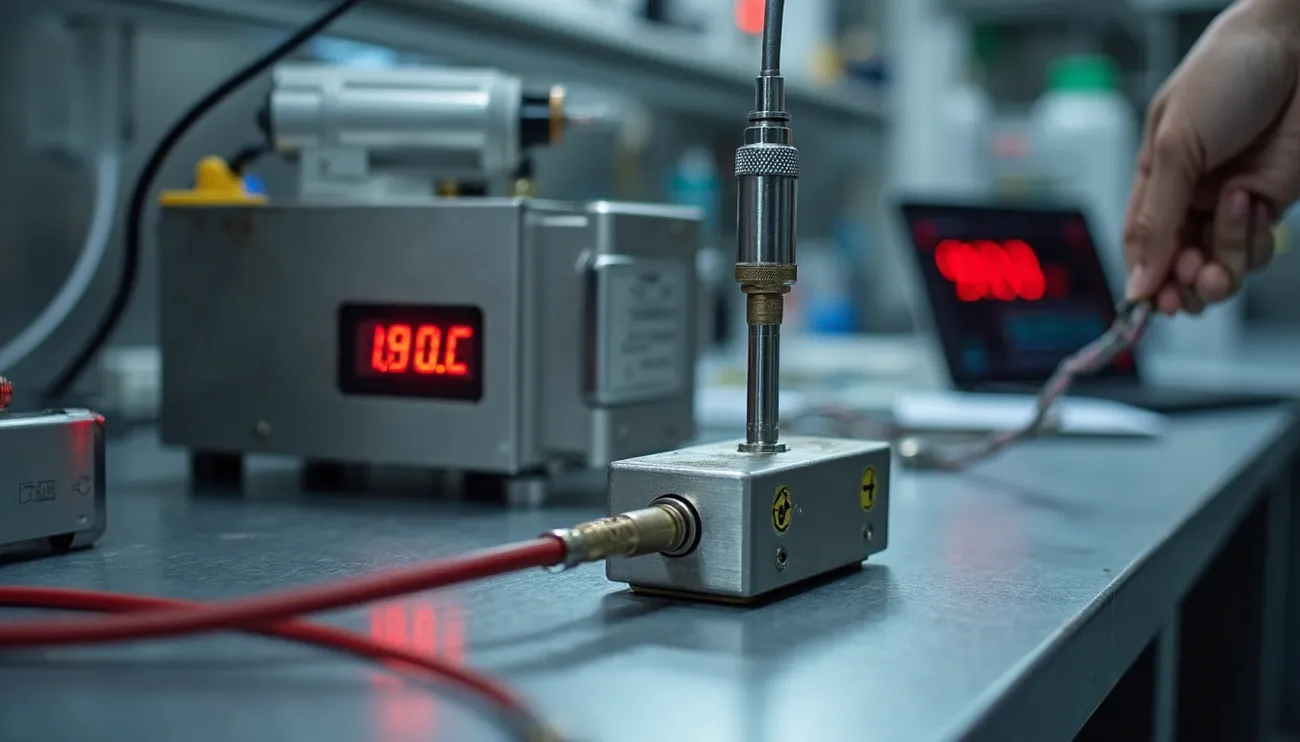The water supply industry is a key component of our daily lives. This water supply sector is responsible for providing clean and safe water for drinking, sanitation, and industrial use. It encompasses a wide range of activities, from sourcing water from rivers or groundwater, treating it to make it potable, and distributing it to consumers and industries. However, the industry faces numerous challenges such as aging infrastructure, increasing demand, water scarcity, and quality issues.
The water supply industry is heavily regulated to ensure the safety and quality of water. It must adhere to strict standards and guidelines set by government agencies and environmental bodies. These regulations cover all aspects of the water supply process, from sourcing to treatment to distribution. Non-compliance can result in hefty fines, legal action, and damage to the organization’s reputation.
The global water industry also plays a vital role in economic development and public health. Industries such as agriculture, manufacturing, and energy production rely heavily on a steady and reliable supply of water. At the same time, access to clean and safe water is critical for maintaining public health and preventing the spread of waterborne diseases.
Importance of precise measuring in the water supply industry
Water is a precious resource, and its efficient use is crucial in the water supply industry. Precise measuring instruments are key to optimizing water use, reducing waste, and ensuring the quality and safety of the water supply. These instruments measure various parameters such as flow rate, pressure, temperature, and water quality indicators like pH, turbidity, and residual chlorine.
Precise measuring in the water supply industry is not just about efficiency and cost savings. It’s also about safety and compliance. Water quality parameters must be closely monitored to ensure the water is safe for consumption. Any deviations from the set standards can pose serious health risks to consumers. Precise measuring instruments provide accurate and real-time data, enabling swift action in case of any anomalies.
Moreover, the data collected from these measuring instruments can provide valuable insights into the water supply system’s performance. It can help in identifying issues, predicting future trends, and making informed decisions. For instance, a sudden drop in pressure could indicate a leak in the system, while an increase in turbidity could suggest contaminant infiltration.
Overview of measuring instruments used in the water supply industry
There are various measuring instruments used in the industry water supply, each serving a specific purpose. Flow meters are used to measure the volume or velocity of water flowing through pipes. Pressure gauges and transmitters monitor the pressure in the system to detect leaks and ensure the water is delivered at the right pressure. Temperature sensors check the water temperature, particularly important in processes like disinfection and heating.
Water quality sensors are another critical component in the water supply industry. These sensors measure parameters like pH, turbidity, residual chlorine, dissolved oxygen, and conductivity. These parameters indicate the water’s quality and safety, and any deviations can raise alarms for immediate action.
Field instruments, such as data loggers and handheld meters, are used for on-site measurements and inspections. These devices are portable and easy to use, making them ideal for fieldwork. They provide real-time data, facilitating immediate action if needed.
Role of field instruments in industrial automation
Field instruments play a crucial role in industrial automation in the water supply industry. They provide the necessary data for control systems to automate various processes, from pumping water to filtering and disinfecting it. Field instruments like flow meters, pressure transmitters, and water quality sensors send real-time data to the control system, which then adjusts the processes accordingly.
Industrial automation offers numerous benefits to the water supply industry. It improves efficiency, reduces human error, and enhances safety. It also provides better control over the processes, ensuring consistency and quality. Moreover, it reduces the need for manual intervention, freeing up the workforce for other critical tasks.
Field instruments are also crucial for predictive maintenance in the water supply industry. They continuously monitor the system’s performance and flag any deviations or anomalies. This allows for timely maintenance and prevents costly downtime and repairs.
Understanding the sensor and control system in water supply
The sensor and control system is at the heart of the water supply industry. It monitors and controls the various processes involved in water supply, from sourcing to treatment to distribution. The system comprises various sensors that measure parameters like flow, pressure, temperature, and water quality. These sensors send real-time data to the control system, which adjusts the processes based on this data.
The control system in the water supply industry is usually a Programmable Logic Controller (PLC) or a Supervisory Control and Data Acquisition (SCADA) system. These systems are robust and reliable, capable of handling complex processes and large amounts of data. They also offer remote access, allowing operators to monitor and control the processes from a central location.
The sensor and control system provides numerous benefits to the water supply industry. It improves efficiency, ensures consistency, and enhances safety. It also provides valuable data for decision-making and future planning. Moreover, it facilitates compliance with regulations by providing accurate and traceable data.
The significance of online monitoring in water management
Online monitoring plays a pivotal role in water management in the water supply industry. It involves the continuous monitoring of the water supply system through sensors and control systems. The data collected from online monitoring provides real-time insights into the system’s performance, enabling swift action in case of any issues.
Online monitoring is particularly important for water quality management. Water quality sensors continuously monitor parameters like pH, turbidity, and residual chlorine. Any deviations from the set standards can trigger alarms, prompting immediate action. This ensures the water is safe for consumption at all times.
Online monitoring also aids in efficient water use. By continuously monitoring the flow and pressure, the system can detect leaks and wastage. This helps in conserving water and reducing costs. Moreover, the data from online monitoring can help in predicting future trends and making informed decisions.
Case study: River water level monitoring station
River water level monitoring stations are a crucial part of the water supply industry, particularly in areas reliant on rivers for their water supply. These stations use precise measuring instruments to monitor the river’s water level continuously. The data collected from these stations helps in water management and flood forecasting.
In one case, a river water level monitoring station was installed in a river that was the primary water source for a large city. The station was equipped with water level sensors, flow meters, and weather sensors. The data from these instruments was sent to a central control system for real-time monitoring.
The station provided invaluable data for water management. It helped in predicting the river’s flow, enabling the city to plan its water supply accordingly. Moreover, it played a crucial role in flood forecasting. By monitoring the river’s water level and the weather conditions, the station could predict potential floods in advance, allowing for timely evacuation and disaster management.
Case study: Flocculant storage tank monitoring
Flocculation is a key process in water treatment, where flocculants are added to the water to aggregate the suspended particles into larger flocs for easy removal. Monitoring the flocculant storage tanks is crucial to ensure the flocculation process’s effectiveness and efficiency.
In one water treatment plant, a monitoring system was installed for the flocculant storage tanks. The system included level sensors to monitor the flocculant level in the tanks and flow meters to measure the flocculant’s flow into the water. The data from these instruments was sent to a control system for real-time monitoring.
The system improved the flocculation process’s efficiency by ensuring a consistent supply of flocculant. It also prevented wastage by monitoring the flocculant’s flow into the water. Moreover, the system provided valuable data for decision-making and future planning.
Case study: Water supply pipeline and grid cleaning
Cleaning the water supply pipelines and grid is a crucial task in the water supply industry. Over time, sediments and biofilms can build up in the pipelines, affecting the water’s quality and flow. Regular cleaning is necessary to maintain the pipelines and ensure a steady and safe water supply.
In one city, a cleaning system was implemented for the water supply pipelines and grid. The system used precise measuring instruments like flow meters and pressure transducers to monitor the cleaning process. The data from these instruments was sent to a control system for real-time monitoring and control.
The system improved the cleaning process’s efficiency and effectiveness. It ensured the cleaning was done thoroughly and at the right pressure and flow. It also provided valuable data for maintenance and future planning. Moreover, it reduced the need for manual intervention, enhancing safety and freeing up the workforce for other tasks.
Role of flow meter in optimizing water supply
Flow meters play a vital role in optimizing the water supply. They measure the volume or velocity of water flowing through the pipes. By monitoring the flow, the water supply system can ensure a steady and reliable supply of water to consumers and industries.
Flow meters also aid in leak detection. A sudden drop in the flow can indicate a leak in the system. By detecting leaks early, the system can prevent water wastage and costly repairs. Moreover, flow meters provide valuable data for water management and future planning.
Flow meters can also help in optimizing the water treatment process. By monitoring the flow, the system can adjust the treatment processes like filtration and disinfection accordingly. This ensures the water is treated effectively and efficiently, ensuring its safety and quality.
Future trends in measurement and control technology in the water supply industry
The water supply industry is continually evolving, and so are the measurement and control technologies. With advancements in technology, the industry is moving towards smarter and more efficient systems.
One of the key trends is the increasing use of wireless technology in measurement and control. Wireless sensors and control systems offer numerous benefits like easy installation, flexibility, and remote access. They also reduce the need for wiring, reducing installation costs and complexity.
Another trend is the use of Artificial Intelligence (AI) and Machine Learning (ML) in measurement and control. These technologies can analyze the data from the sensors and make predictions and decisions. This can improve the system’s efficiency and reliability, and even automate some of the processes.
The use of cloud technology is also on the rise in the water supply industry. Cloud-based control systems offer remote access, easy scalability, and data security. They also facilitate data sharing and collaboration, making it easier for multiple stakeholders to work together.
Conclusion
Precise measuring instruments play a crucial role in optimizing the water supply industry. They provide the necessary data for efficient water use, quality control, and compliance with regulations. They also facilitate industrial automation, improving efficiency and reducing human error. With advancements in technology, the future of measurement and control in the water supply industry looks promising, with smarter and more efficient systems on the horizon.




